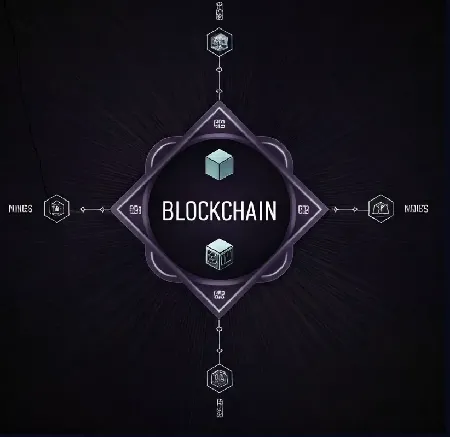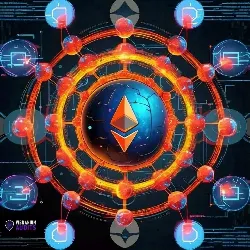What is Solidity?

What is Solidity?
In the field of writing Smart Contracts, many languages are used (listed in order of popularity):
-
Solidity
-
Rust
-
JavaScript
-
Vyper
-
Yul
-
Golang
-
Clarity
-
Python
-
C++
-
Java
In the world of Blockchain technology, Solidity plays a crucial role in the development of Smart Contracts on the Ethereum platform. This language is specifically designed for writing Smart Contracts that run on the Ethereum Virtual Machine (EVM). Using Solidity, developers can create self-executing contracts with predefined rules and conditions, and deploy them on the network.
Solidity is the most popular programming language for developing Smart Contracts.
The advantages of Solidity include high development speed, familiar syntax, built-in security measures, and access to a variety of libraries and tools.
Its drawbacks include challenges for developers with little experience in object-oriented programming and potentially higher gas costs compared to lower-level languages.
What is Solidity?
Solidity is an object-oriented, high-level programming language specifically designed for building and implementing Smart Contracts on blockchain development platforms, particularly Ethereum. First developed in 2014, this language has attracted significant attention from businesses aiming to transition from traditional contracts to "smart" contracts.
At its most basic level, Smart Contracts written in Solidity enable highly secure digital transactions with no intermediaries involved. Since these contracts are integrated into the Blockchain technology, they come with features like traceability, transparency, immutability, and immediate execution. It is estimated that around 90% of smart contract development worldwide is done using Solidity.
As Ethereum is an open-source platform, anyone can use it, which is why Solidity is recognized as the primary language for developing Smart Contracts on the Ethereum Blockchain—the second most popular blockchain in the world.
What is a Solidity Smart Contract?
A Solidity Smart Contract is a program written in the Solidity language that is deployed on the Ethereum blockchain and executed within the Ethereum Virtual Machine (EVM). Ethereum stores the code and the associated state data of this smart contract at a specific address.
Key Features
-
Automatic Execution:
When predefined conditions are met, the contract is executed automatically, without any intermediary. -
State Management:
These contracts control the behavior of accounts in the Ethereum network's state. -
Compilation to Bytecode:
The code written in Solidity must be compiled into bytecode in order to be executable on the Ethereum Virtual Machine (EVM). -
Use Cases:
Solidity smart contracts can be used in various areas such as voting, crowdfunding, blind auctions, and multi-signature wallets.
Benefits of Using Solidity:
-
Large Community:
As Solidity is the first programming language for Smart Contracts, created specifically for the Ethereum network, it has garnered extensive support from the community, which is highly beneficial for beginners. -
Ease of Adoption:
Concepts and rules of Solidity are derived from popular languages like JavaScript, C++, and Python, so developers familiar with these languages can easily learn Solidity. -
Familiar Syntax:
Many of Solidity's syntax elements are borrowed from other programming languages, making it easier for developers already familiar with those languages to pick it up. -
Comprehensive Computation:
Solidity is capable of implementing all types of computational functions, meaning it is not limited to a specific set of algorithms.
Our Solution
Resources







